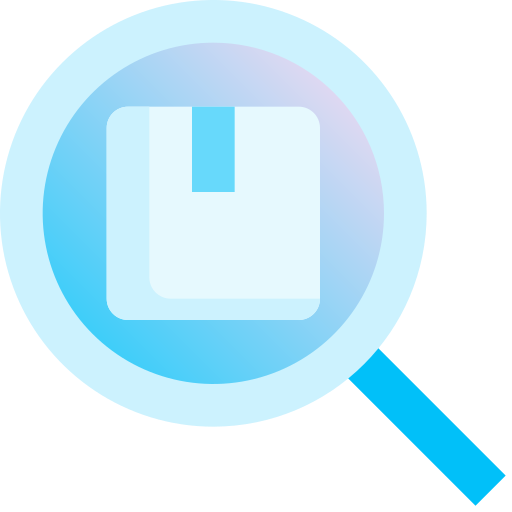It's been over two months since my last instructional blog post. Two or three times I started writing about something, and then halfway through started doubting myself. Is what I'm writing going to be helpful? Wait, is this clear enough? Are my explanations even correct?
With one of these topics, I was trying to write about how I identified a use case for recursion in a recent pet-project, and then explain how I implemented it. I'd literally already done it and seen it work. In the next couple of seconds, doubt didn't "creep in." It straight-up clotheslined me. The code was well-written, or at least I'd thought so at the time, but anxiety welled up inside of me once I started breaking down the individual lines of code.
In the next couple of seconds, doubt didn't "creep in." It straight-up clotheslined me.
I put my head in my hands and took a couple of deep breaths, trying to exhale the feeling that I was a fraud because I couldn't explain my own coding decisions.
What was actually going on is that I was confused (not realizing in the moment that it was for a good reason), and instead of taking that confusion and asking myself why I was confused, I let the confusion trigger a panic attack that incapacitated my higher thinking abilities and froze me up.
Had I recognized that confusion was a gift in that moment, and simultaneously been patient with the thought process that would be required to make sense of that confusion, I could have saved myself some suffering.
"Confusion is the first step towards wisdom... So when you’re confused, know that you’re facing experiences out of your comfort zone — and that spells growth."
The Luna, Medium.com
To make the most (or anything at all) of the beautiful gift of confusion, you must be able to step back a bit and transform your doubts into productive thoughts.
Instead of thinking "Oh God, I don't get this... sh*t!" try adjusting that thought: "Hm, this is new. I want to understand it." Immediately you might feel a bit calmer, and your ability to think clearly will still be with you, so you can start learning something instead of diminishing yourself and your very real ability to learn.
Ultimately, after stepping away and calming down after handling confusion pretty poorly, I realized that using recursion the way I did was actually a pretty hack-y solution to the problem I'd been trying to solve. That's what my confusion was trying to tell me, but instead of staying calm and appreciating that confusion, I just got frustrated (because I'd already written most of the article at that point), disappointed in myself, and embarrassed for thinking I could teach other people about something I didn't even do correctly.
Doing something wrong first can help you better understand it in the long run, as long as you put in the effort to think about why and how.
When I'd finally worked through my confusion, I updated my pet-project code by removing the hack-y solution and using a better one. It was worth celebrating the fact that at that point, I'd accumulated real experience working through that kind of tricky problem in the wrong way AND the right way. Doing something wrong first can help you better understand it in the long run, as long as you put in the effort to think about why and how.
We can ultimately use confusion to our advantage, but it takes conscious effort.
We have to actively and loudly admit to ourselves when we are confused and then remember to rephrase some of the panic-y thoughts that arise into productive questions. We have to trust ourselves to learn but also be ok with ourselves when we fail to learn something right the first time. We've gotten this far, haven't we?



